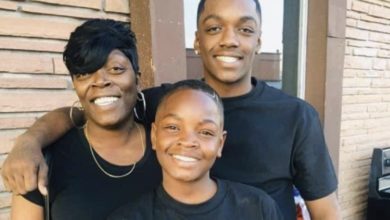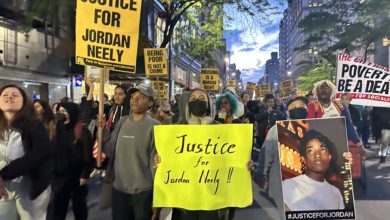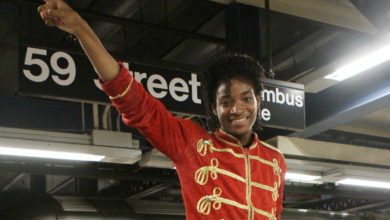The recent release of Jamie and
Gladys Scott from prison was a major victory for advocates of civil and
prisoners’ rights. The Scott sisters—two Black women falsely convicted of a
1994 armed robbery of $11 in Mississippi and sentenced to life in prison—were set
free on condition that Jamie donate one of her kidneys to Gladys, who requires
dialysis.
Yet the Scott sisters’ struggle
for justice is not yet over. The NAACP and other organizations popularized the
case of the two Black women led a campaign for their pardon—but the deal simply
commutes their sentence to “life on parole.”
“I’m very disappointed that
they’ve been resentenced to life on a parole,” said Nancy Lockhart, an advocate
and legal analyst for the Scott sisters. “Parole is a very dangerous way to
live.”
One would expect harsh
sentences such as life in prison or life on parole to be reserved for the most
extreme crimes, yet they have been meted out on two women accused of a crime involving
$11 where no one was injured and no gun was ever found. The racist character of
their conviction could not be clearer—especially in the context of disproportionate
sentencing of Black defendants to death and the sky-high number oof Black males
behind bars today.
Thousands have rallied to the
defense of the latest publicized cases of wrongful convictions in the United
States over the last few years.
One such case involves Caramad
Conley, a 40-year-old Black man who was falsely convicted in California for a
1994 drive-by murder in San Francisco. Conley’s lawyer, Dan Purcell, was able
to prove that the racist San Francisco Police Department had framed Conley
through the use of a now-deceased paid informant, Clifford Polk. Polk’s SFPD
handler was then-police homicide inspector, Earl Sanders, who later became
police chief, and is now retired. Conley was released in early January 2011.
Cornelius Dupree Jr. was
released in January 2011 after spending 30 years in a Texas prison after being
falsely convicted of the rape of a white woman. Dupree was released after DNA
tests confirmed that he was not the rapist. Dupree had refused to falsely admit
to the rape in exchange for parole.
Many other defendants, however,
confess to a crime they did not commit in exchange for a more lenient sentence as part
of routine plea bargains offered by prosecutors. This plea bargain system “lightens
the burden” of the courts by avoiding trial altogether, letting the
accused accept a lighter penalty rather take chances in a trial that would likely result in a harsher sentence. Those without the means to afford a good lawyer—most often poor people of color—are frequently fast-tracked to prison by the plea bargain system, regardless of whether they committed any offense.
The capitalist courts, police and
prisons exist for one reason—to protect and serve the capitalist class. Courts
are a mechanism by which the capitalist system of laws is enforced, and they
have the power to imprison people and even order the death penalty. In the
United States, racism has been the most powerful weapon against a united
working class.
Some of the most prominent
cases of unjust convictions are overtly political. Mumia Abu Jamal, the MOVE
Nine, the Angola 3, Leonard Peltier, and many others have been kept behind bars
for their struggle against oppression. Their convictions or continued
imprisonment were not secured by evidence, but rather by the overt racism of
the justice system. Some have spent decades locked down in solitary
confinement, itself a form of torture.
The poor and the oppressed languish
in jail for decades for crimes they did not commit, and for the crime of being
without means to hire lawyers for their criminal defense. As with the political
prisoners, the capitalist system bears responsibility for their incarceration
and ruining their lives.
All progressive people should
congratulate Conley, the Scott Sisters and Dupree as well as their legal and
political support teams for their release. Political prisoners and thousands of
others, however, remain in the U.S. prison system, convicted through the use of
jailhouse informants, plea bargains, as well as torture and intimidation.
To free all of them as well as to
bring an end to the systematic incarceration of the innocent will require
building a strong movement for social change.






